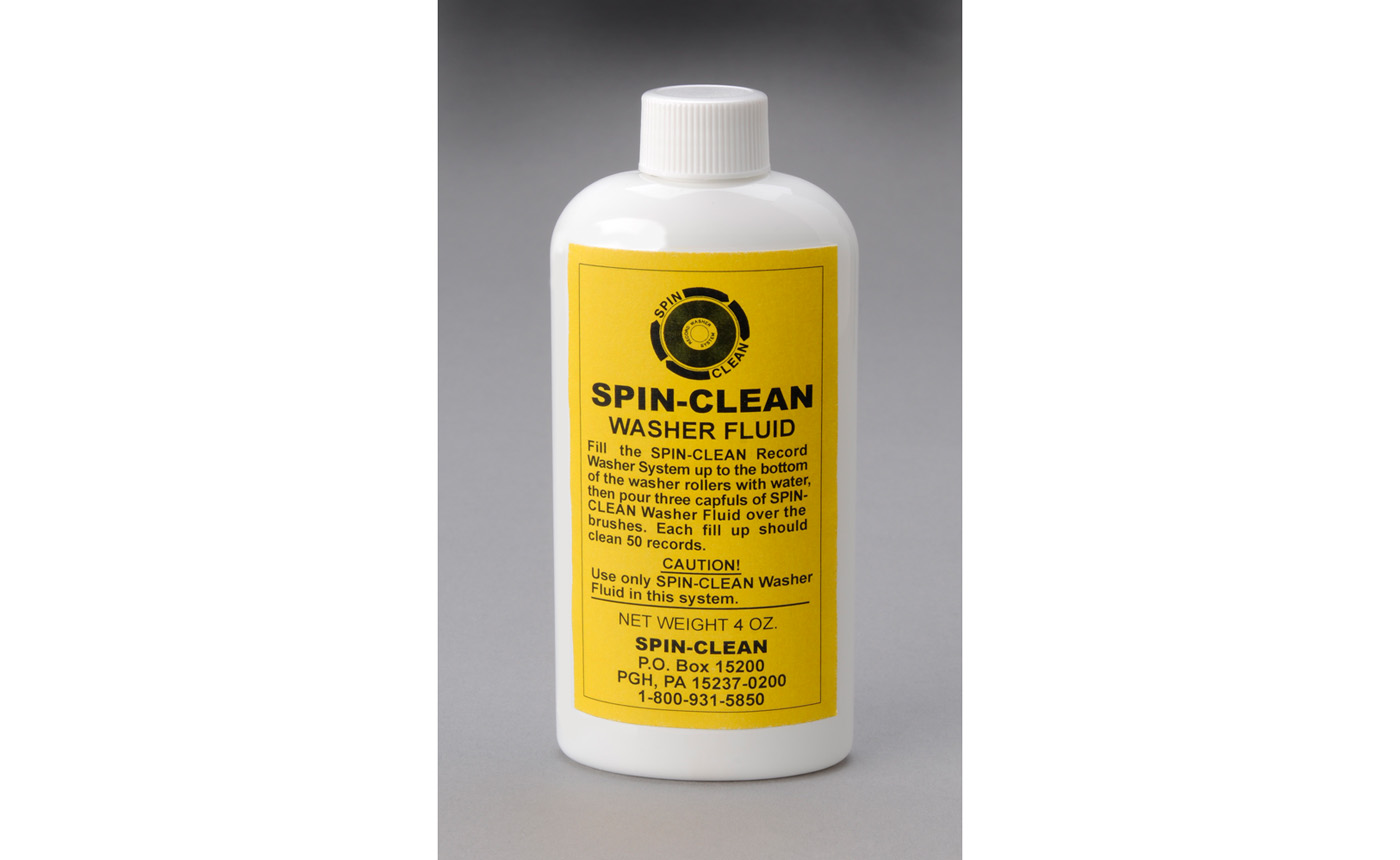

In a large vessel, add one gallon of distilled water. If you want a more universal windshield fluid, capable of being used in all weather, try the following steps to prepare a mix that won’t freeze and will still be effective in warm weather. Method 4 of 5: Make an all-weather washer fluid mix with ammonia and dish soap If the mixture freezes, you may need to add more alcohol. Test the alcohol mix by placing outside overnight. Add 1 cup of rubbing alcohol or vodka and mix well. Adding a cup of alcohol to warm weather washer fluid can keep your mixture from freezing. While rubbing alcohol is recommended, high-proof vodka can also be substituted. Because alcohol freezes at a much lower temperature than water, it can be more effective in cold weather. The easiest way to modify your warm weather mixes for cold weather is to add alcohol. Both vinegar and window cleaner will freeze in extreme cold and may damage your vehicle’s hoses and nozzles.įortunately, warm weather mixes can be easily modified for cold weather conditions. People who live in areas with weather extremes may not be able to use the warm weather washer fluid all-year round. Method 3 of 5: Make a cold weather washer fluid mix Tip: It’s best to use a window cleaner that doesn’t streak, as this may affect the clarity of your windshield.Add 8 oz of a commercial window cleaner to the water and mix well. In a large vessel, add distilled water until the vessel is about ¾ full. This mixture is best for hotter temperatures as the window cleaner will not produce the same unpleasant smell as vinegar. Method 2 of 5: Make a hot weather washer fluid mix Other types of vinegar may leave an unwanted residue. Tip: Be sure to use white vinegar only.Leave some space in the container to mix the water and vinegar. Fill the rest of the vessel with white vinegar. Tip: Distilled water works much better than tap water, as deposits from tap water will eventually clog up your vehicle’s spray nozzle.In a large vessel, add distilled water until the vessel is about ¾ full.įor a gallon jug, this will mean 12 cups, and for a 2-liter bottle, just over 6 cups. Make sure to thoroughly clean the storage bottle before use as residue may reduce the effectiveness of homemade washer fluid. Tip: To both store and help measure out your windshield washer fluid, use large vessels like milk jugs or large soda bottles. Tip: This mixture is amongst the most effective for places where pollen is a concern. Warning: This mixture is not recommended for extremely warm temperatures as warm/hot vinegar will produce a strong, unpleasant smell. This mix is designed for use in mild temperatures and may need to be modified for use in colder weather. Method 1 of 5: Make a warm weather washer fluid mix Storing washer fluid in your trunk or back seat may lead to spills which may damage your vehicle’s carpet or seats. As with any mixture, it is best to store your homemade washer fluid in a safe place with a consistent temperature. The rubbing alcohol, soap, and ammonia can be very harmful if ingested. Note: Be sure to mix potentially noxious liquids like ammonia and rubbing alcohol in a place with good ventilation. Also make sure to label your mixture and keep it away from children. Warning: When storing homemade washer fluid, you should be mindful of children and pets and keep it out of their reach. If your warm weather fluid contains vinegar, be sure to flush your fluid reservoir and lines with clean water as vinegar and dish soap may clog your washer fluid lines. When transitioning from a warm weather fluid to a cold weather one, be sure to drain all of the old fluid before introducing the new one. Note: Be aware of changing weather conditions and keep different fluids for different seasons on hand.If you follow these steps, you can make your own safe and inexpensive washer fluid to use in both warm and cold weather. Most commercially sold types of windshield washer fluid contain methanol which is not only poisonous and potentially harmful to humans, but is also bad for the environment. Many people choose to make their own windshield washer fluid at home because of safety concerns involving commercially made washer fluids.


 0 kommentar(er)
0 kommentar(er)
